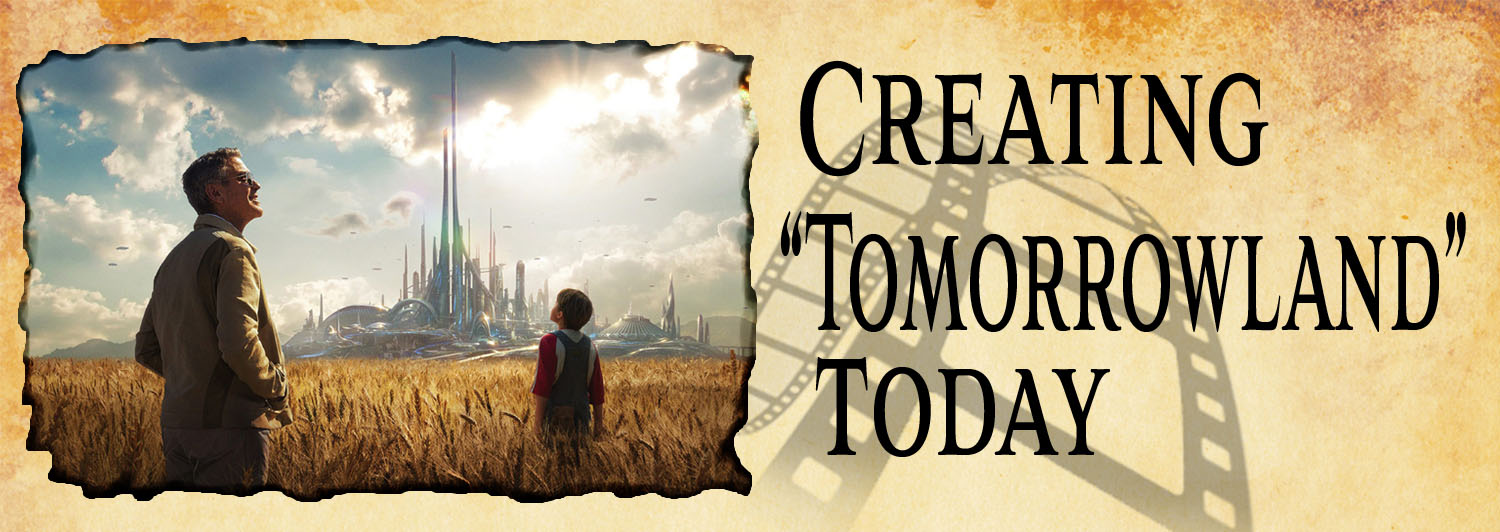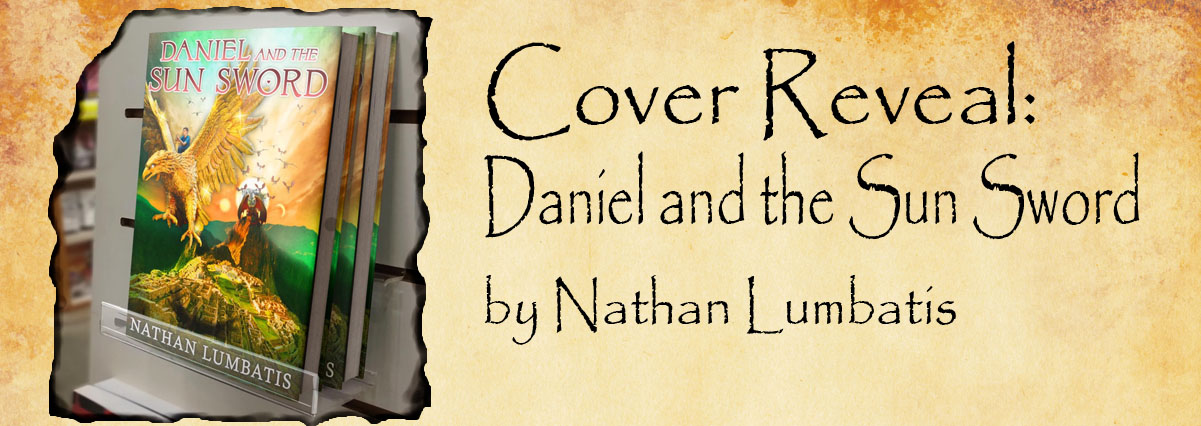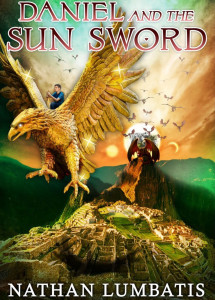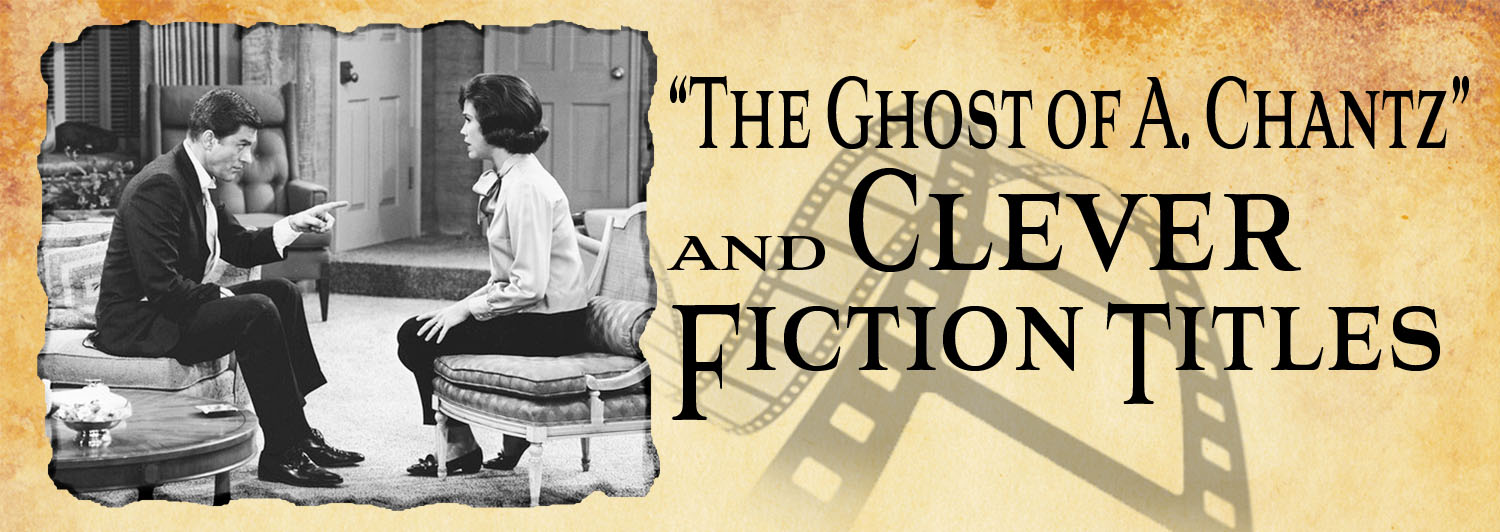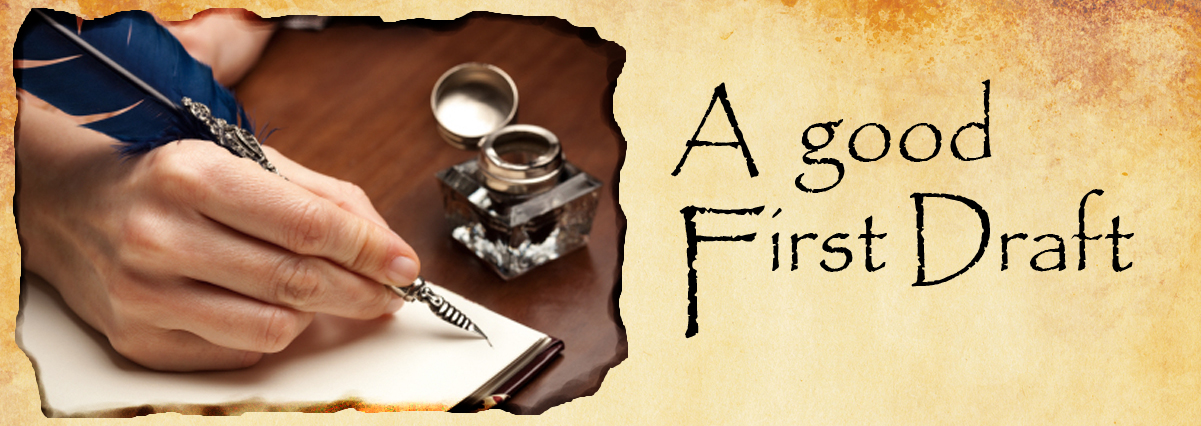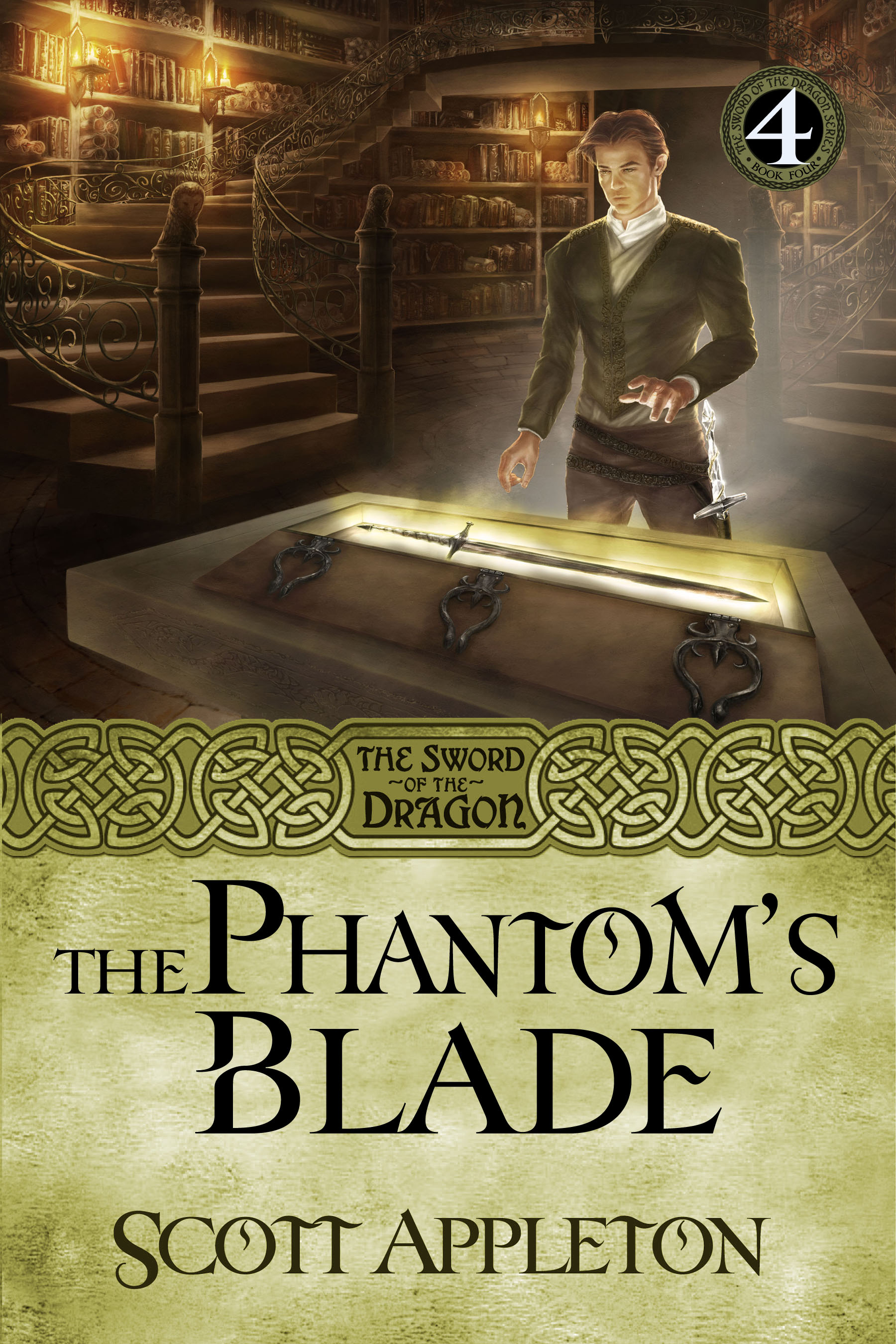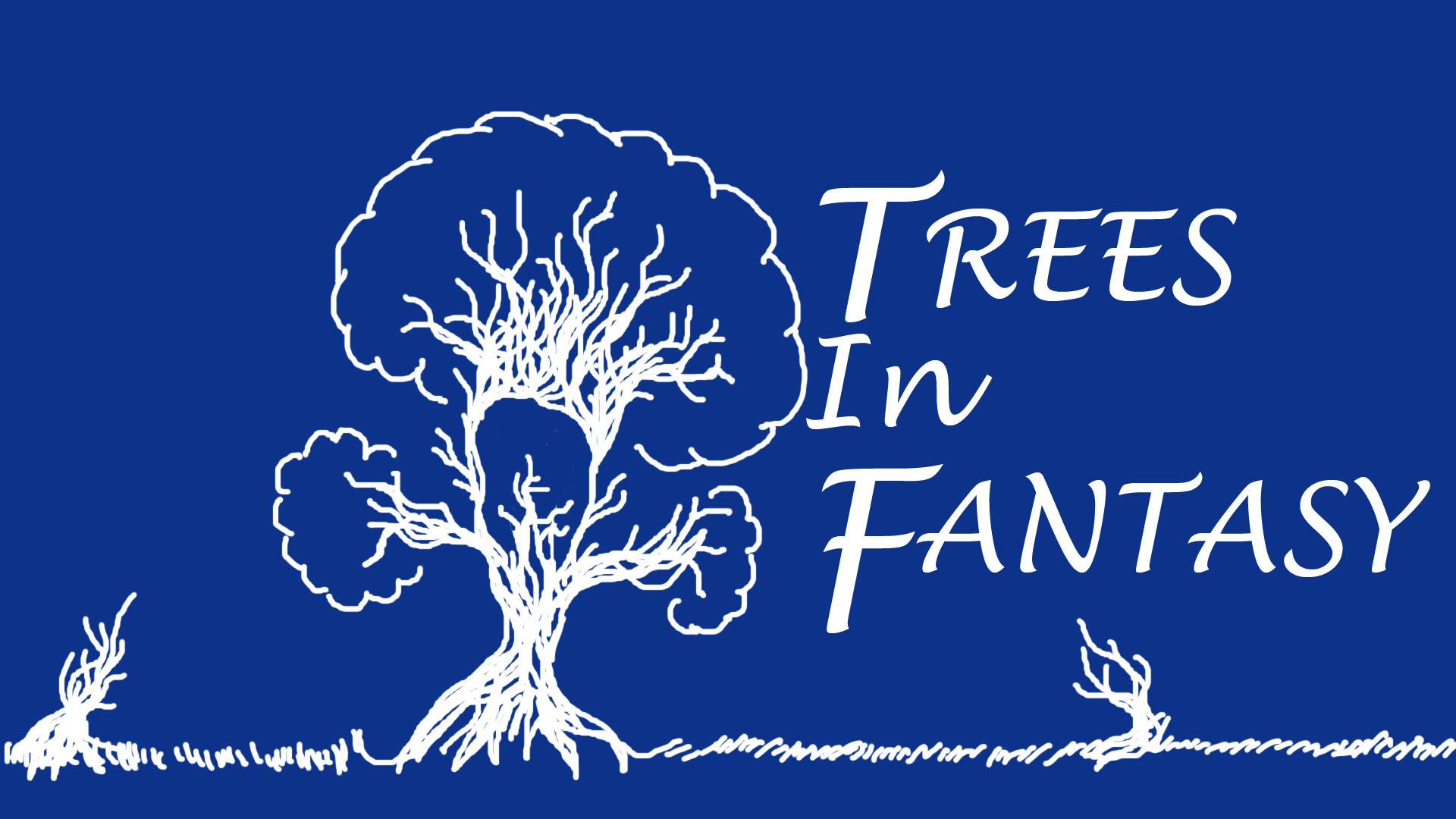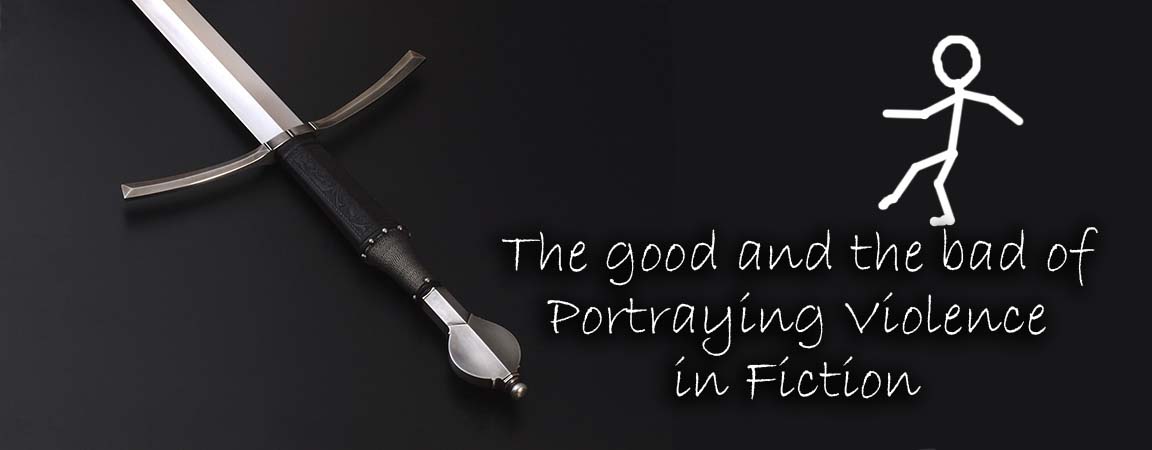How we create Tomorrowland today
While watching the new Disney film Tomorrowland I found myself relating to its overriding theme: Negative thinking steers our world toward a negative outcome. Positive thinking steers us toward positive results. I found myself asking, “What kind of a future world do I want to create?”
Doom and gloom. The news is full of it, and people gobble it up.
I have collected most of the old Disney family films and one I really appreciate is Pollyanna. Based off of the book, this is the tale of an orphan girl who shares her message of positivity with the negative townsfolk. In my favorite scene of the movie she reads to the pastor from the quote on a locket that her father gave to her.
“If you look for the bad in mankind, expecting to find it, you surely will.” -Abraham Lincoln
In the movie Tomorrowland we explore the future that is created by our negative thinking. But what interested me most was considering the kind of future we can have if we approach things from a positive outlook.
If we look back through history there have been times of great darkness that only ended because a few brave souls stood against it. They chose to think positively and imagine creatively. Christian martyrs did not let intense persecution stifle their message, the message of Christ that created western society as we know it. Inventors like Tesla did not let negativity or adversity stop them in their ingenuity. The founding fathers of the United States did not let a tyrant or the cost of liberty stop them from proudly touting that message of a nation under God with liberty and justice for all.
For my part I want to return to the positive outlook. The world I see is cars flying instead of driving. Solar and wind-powered cities… More than this, let’s look beyond the technology and anticipate a society that fears and worships God. Where the young and the old care for each other. A return to the values that made this country great.
We are living in the Future our American ancestors Envisioned. Dreams become reality.
Q: What future do you envision?
